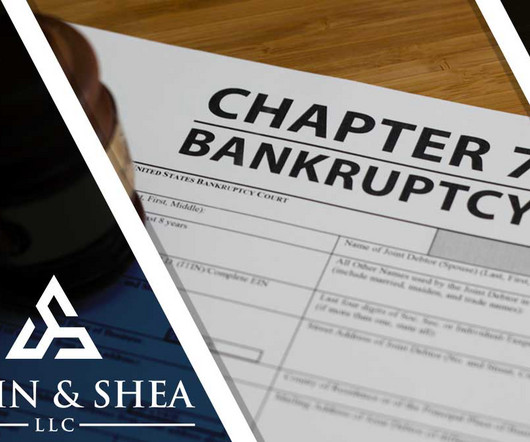Judge Grants MSJ for Defendant in FDCPA Case Over Unremoved Dispute Notification
Account Recovery
APRIL 2, 2024
A District Court judge in Missouri has granted a defendant’s motion for summary judgment in a Fair Debt Collection Practices Act case, ruling the plaintiff lacked standing to sue after unsuccessfully attempting to have a dispute notation removed from her credit report.





















Let's personalize your content